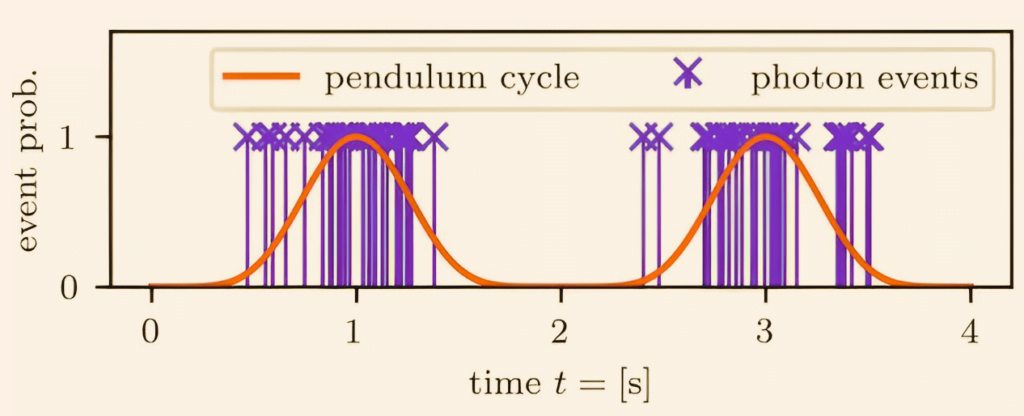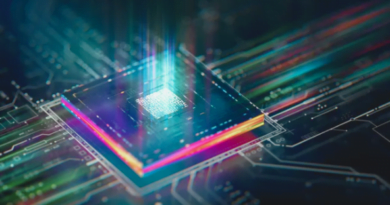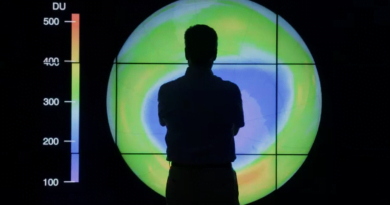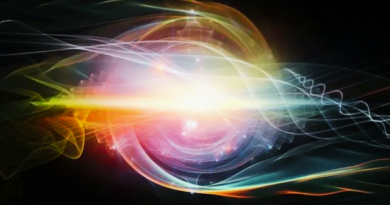Quantum Computing Limits: Research Reveals Imperfections in Perfect Clock

Quantum computers, envisioned through various construction ideas, share a common ground: the utilization of quantum physical systems, like individual atoms, subjected to precise forces for specific durations. However, the linchpin for reliable quantum computing operations is a highly accurate clock.
The challenge arises due to the inherent impossibility of achieving perfect time measurement. Every clock possesses two critical aspects: precision and time resolution. Time resolution refers to the smallest measurable time intervals or the speed at which the clock ticks, while precision reflects the degree of inaccuracy with each tick.
Researchers have compellingly demonstrated that due to the finite availability of energy in any clock (or the generation of finite entropy), achieving both perfect resolution and precision concurrently is an insurmountable task. This realization establishes fundamental constraints on the potential of quantum computers.
In the classical realm, achieving flawless arithmetic operations is straightforward, akin to using an abacus with wooden beads. These beads, representing specific states, remain stationary unless moved deliberately. Quantum physics introduces complexity, where altering a quantum state corresponds to a rotation in higher dimensions. Precise timing is crucial, as inadequate or excessive rotation results in an undesired state.
The research team, led by Marcus Huber, delved into the universal principles governing all conceivable clocks, revealing an inherent connection between time measurement and entropy. Entropy, the measure of disorder in a closed physical system, inevitably increases, determining the direction of time—higher entropy signifies the future, while lower entropy represents the past.
The team formulated a mathematical model dictating that, for a given entropy increase, there exists a tradeoff between time resolution and precision. Essentially, a clock can prioritize either speed or accuracy, but not both simultaneously. This realization imposes a natural limitation on quantum computers, as the achievable resolution and precision of clocks dictate the speed and reliability of quantum computations.
Presently, quantum computer accuracy is constrained by factors like component precision and electromagnetic fields. However, the research suggests that we are approaching a phase where the fundamental limits of time measurement will become a decisive factor as quantum technology advances. Although not an immediate concern, addressing non-optimal time measurement is on the horizon, potentially providing valuable insights into the quantum realm as quantum information processing technology evolves.







